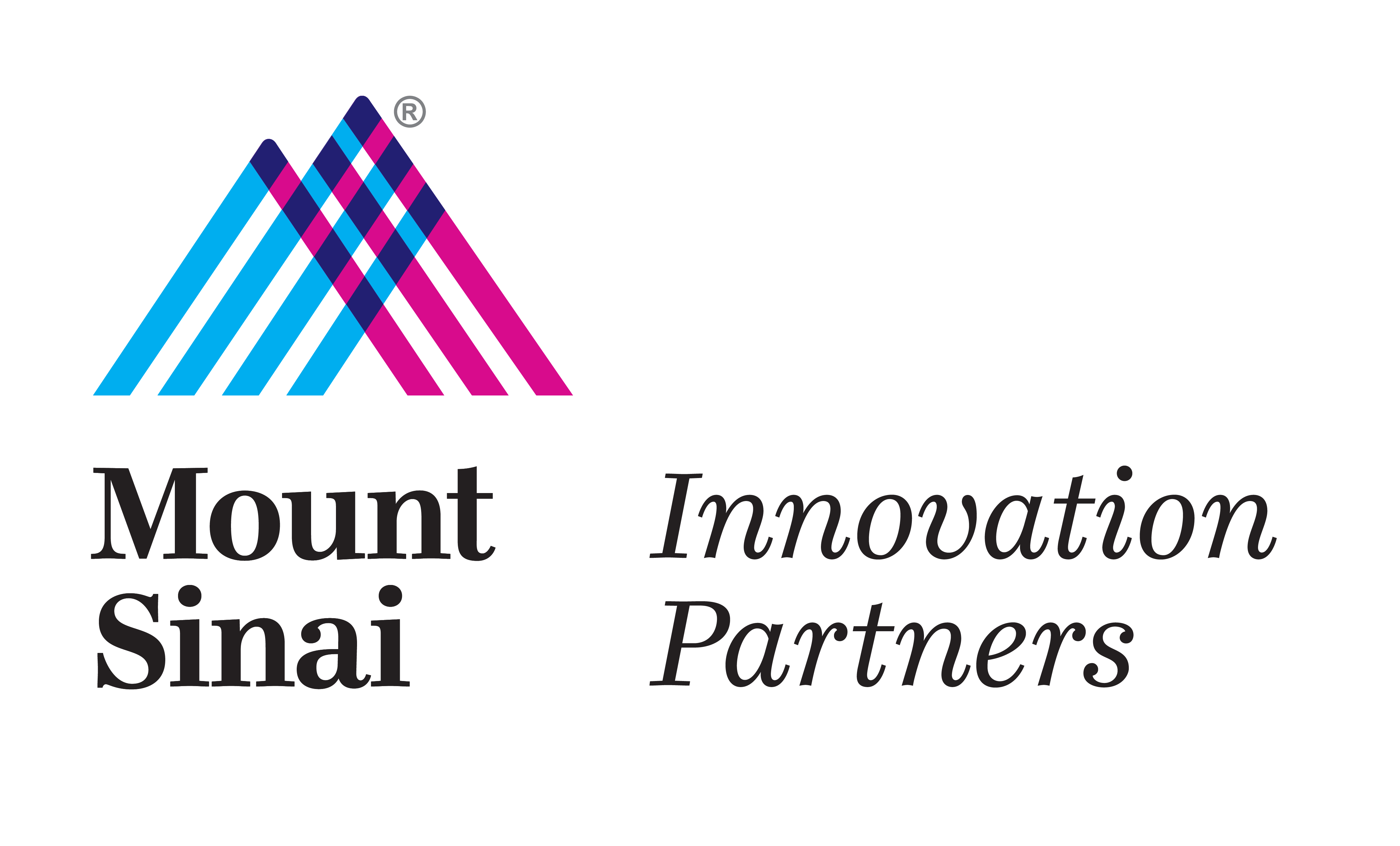Icahn School of Medicine at Mount Sinai Licenses Next-Generation Diagnostic Test Epigenetic /AI Platform to GNOMX Corp.
September 18, 2023The Icahn School of Medicine at Mount Sinai has agreed to an exclusive license option with GNOMX Corp. (GNOMX) for epigenetic diagnostic and prognostic technology for infectious diseases.
This groundbreaking patent-pending technology was developed by collaborating researchers at Icahn Mount Sinai, Princeton University, Yale School of Medicine, and the University of Pittsburgh School of Medicine under a $46 million award for the Epigenetic Characterization and Observation Program (ECHO) from the Defense Advanced Research Projects Agency (DARPA). The newly developed methods provide significant advantages in accuracy, specificity, and versatility compared to existing approaches, and could lead to enhanced patient care and reduced treatment costs.
The new technology applies artificial intelligence (AI) and bioinformatic tools to identify environmental changes that affect the activity of individual genes in immune cells. This allows GNOMX to develop tests for current or past infections, specific pathogens, antibiotic sensitivity, time of infection, prognosis, or post-infectious conditions. New tests can be developed quickly to provide results at a central laboratory or at the point of care.
The company initially plans to create differentiated epigenetic diagnostic tests for three diseases: post-COVID immune dysregulation (long COVID), acute Lyme disease, and sepsis with rapid antibiotic sensitivity guidance. In the United States, an estimated 30 million long COVID patients and their clinicians currently have no diagnostic test or definitive diagnostic criteria for this condition and continue to struggle with time-consuming and expensive evaluations. Similarly, for individuals with Lyme disease, where current tests may miss approximately 60 percent of cases, GNOMX diagnostics could reduce complications from untreated infections and the resulting high chronic medical expenses.
Founded in October 2022, GNOMX develops tests for infectious diseases and related conditions to improve health outcomes and reduce medical costs. GNOMX is led by J. Mark Junewicz, Chief Executive Officer, a 40-year veteran investment banker in life sciences and Entrepreneur-in-Residence with Mount Sinai Innovation Partners (MSIP), the commercialization arm of the Mount Sinai Health System. GNOMX’s scientific founder and Chief Scientific Officer is Stuart Sealfon, MD, Sarah B. and Seth M. Glickenhaus Professor and Chair Emeritus of the Department of Neurology, and Director of the Center for Translational Systems Biology, who has directed the DARPA-funded research program. The diagnostic technology in development was also selected for DARPA’s Embedded Entrepreneur Initiative, which helps accelerate the transition of transformative innovations into successful products.
“GNOMX is grateful to have the opportunity to transform infectious disease assessment, diagnosis, and treatment using this disruptive epigenetic diagnostic technology developed by the Mount Sinai Health System-led DARPA-project consortium,” Mr. Junewicz says. “GNOMX starts with an enormous foundation of research supported by a significant DARPA contract. Our advanced AI analytics capabilities and epigenetics focus, leading to more accurate and reliable infectious disease diagnostics, set GNOMX apart. Our tests will provide more accurate and specific information to better guide treatment and to lower health care costs.”
“We look forward to collaborating with GNOMX on the next stage of development for this potentially transformative technology and to the ultimate launch of clinical epigenetic diagnostic and prognostic tests for emerging pathogens and related conditions,” said Erik Lium, PhD, the Chief Commercial innovation Officer of the Mount Sinai Health System and the President of MSIP.
The GNOMX epigenetic diagnostic platform includes technology developed by Mount Sinai faculty and was optioned by Mount Sinai to GNOMX. Mount Sinai and Mount Sinai faculty, including Dr. Sealfon, have a financial interest in this technology and in GNOMX pursuant to the Mount Sinai Intellectual Property Policy. Mount Sinai is represented on the GNOMX Board of Directors by Felipe Araujo, PhD, Managing Director of Business Development and Licensing within MSIP.
About GNOMX Corp.
GNOMX Corp. (GNOMX), based in New York City, was founded in 2022 to commercialize host response epigenetic diagnostics based on research funded by the Defense Advanced Research Projects Agency (DARPA) Epigenetic Characterization and Observation (ECHO) program contract to an academic consortium including Icahn Mount Sinai as lead, Yale School of Medicine, Princeton University, and University of Pittsburgh School of Medicine. The DARPA-sponsored research program developed patent-pending, beyond-state-of-art methods and proof-of-principle epigenetic tests that rapidly diagnose, determine time of exposure, and monitor long-term effects of infections and other exposures. In June 2023, GNOMX executed an option with Mount Sinai for a worldwide license to this disruptive technology which provides high-specificity, low cross-reactivity, and compatibility with rapid diagnostic assays that are highly advantageous compared to any existing diagnostic or prognostic technology.

